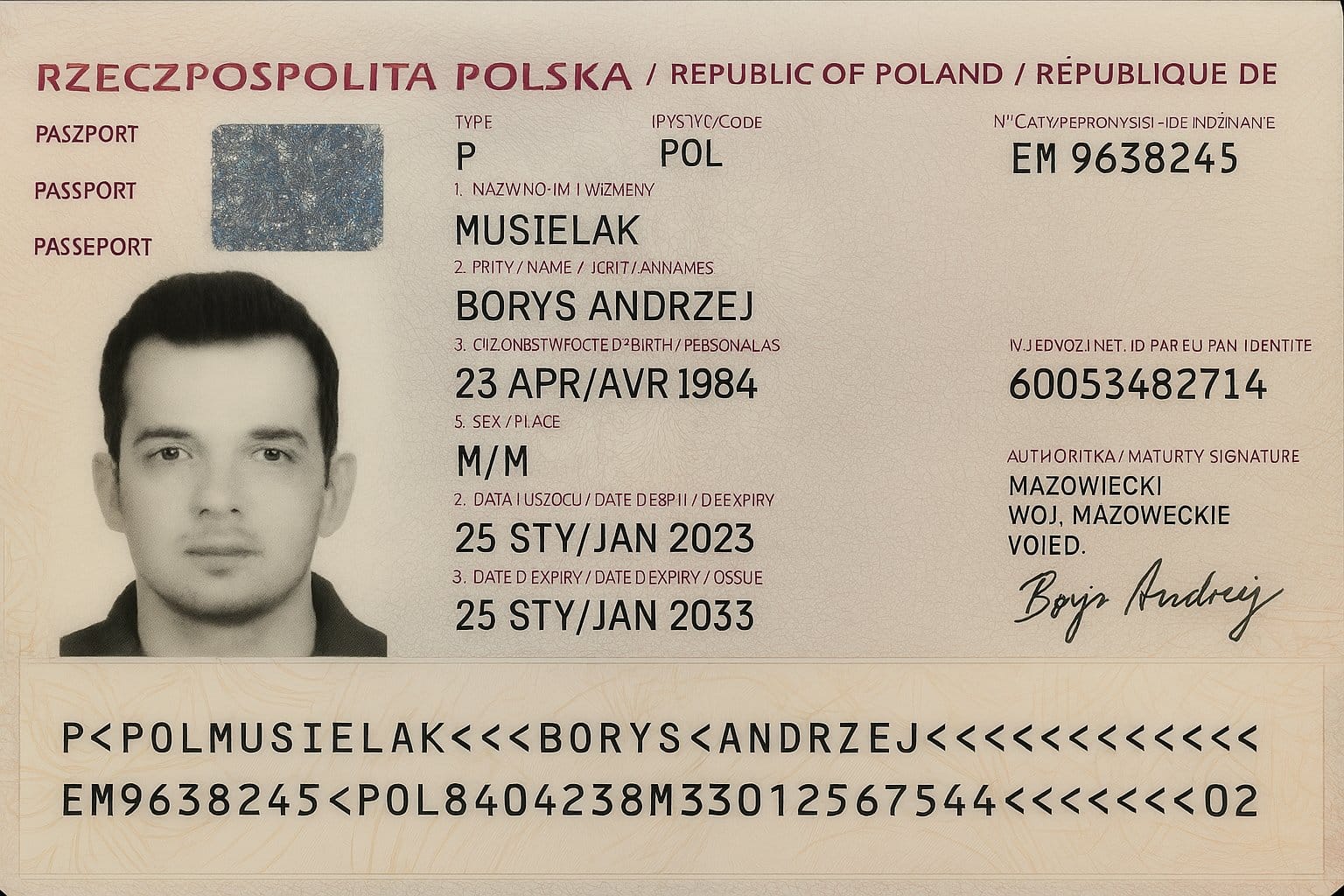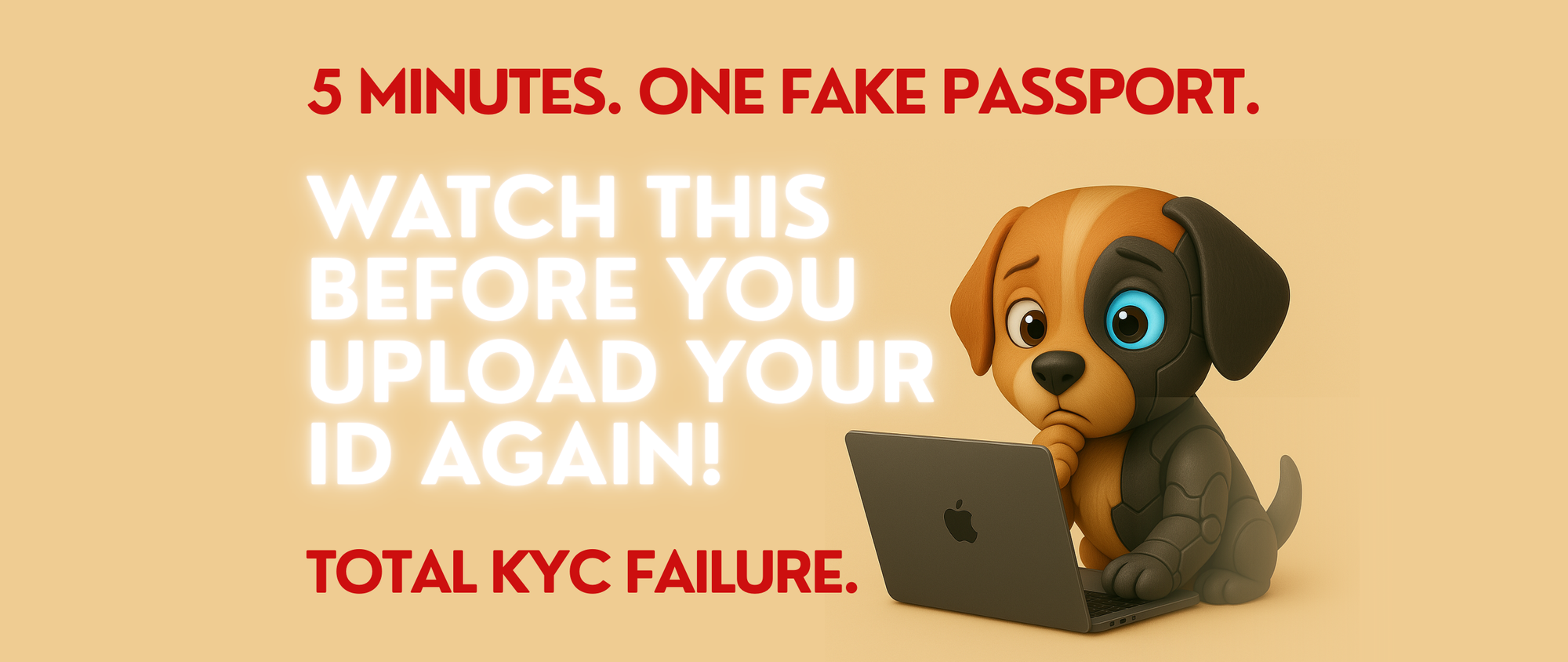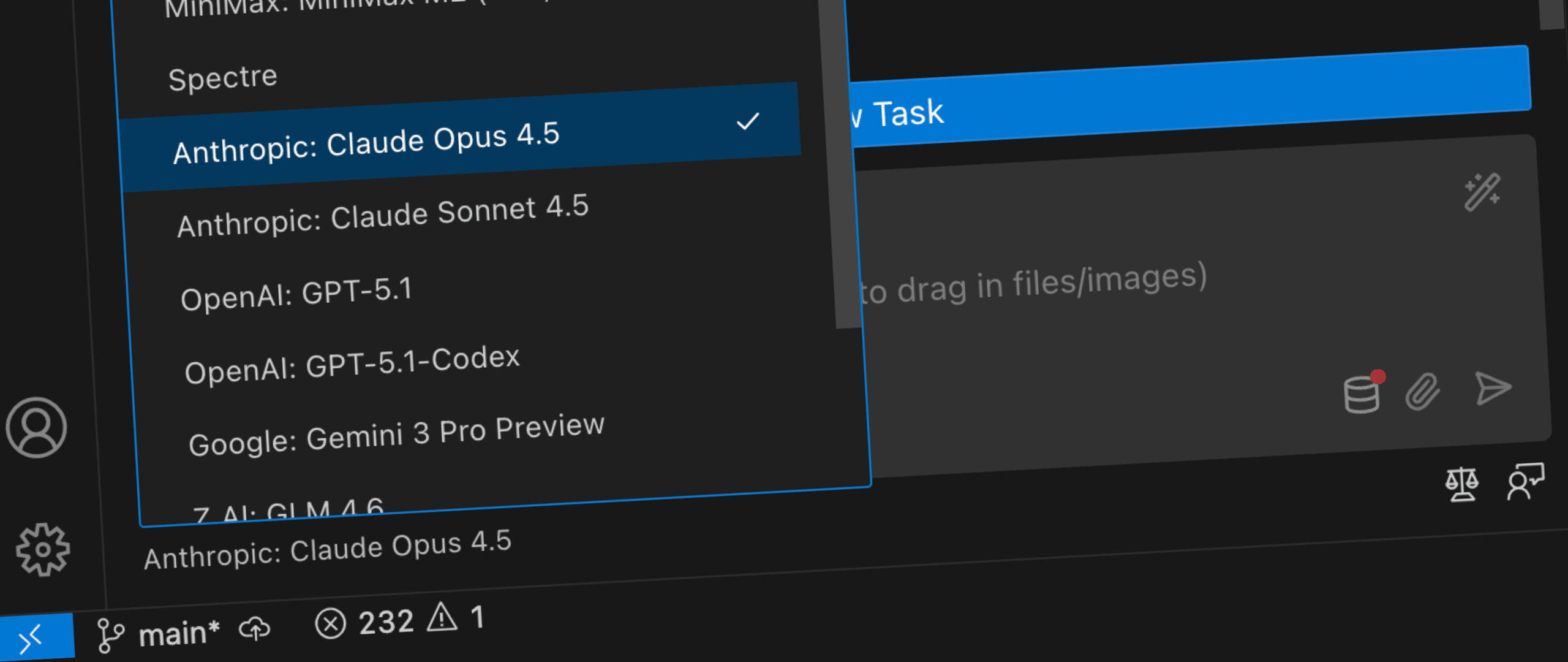AI Destroys Photo-Based KYC?
A seismic shift just shook the foundations of digital security. In a bold demonstration, Polish researcher Borys Musielak (@michuk) generated a near-perfect replica of his passport using OpenAI’s ChatGPT-4o — in under five minutes. The implications? Nothing short of identity verification collapse.
“The implications are obvious — any verification flow relying on images as ‘proof’ is now officially obsolete.” – @michuk

💥 Photo-Based KYC? Game Over.
Musielak’s AI-generated passport reportedly bypassed automated Know Your Customer (KYC) systems on major fintech platforms like Revolut and Binance, which depend heavily on photo uploads and selfie validation.
This wasn’t a Photoshop job. This was generative AI precision, capable of mimicking the intricate patterns and photo likenesses of a real document — without the usual AI tells.
🔓 Why This Is Bigger Than Just One Passport
Musielak’s proof-of-concept signals a coming tidal wave of fraud:
- Mass identity theft
- Fraudulent credit applications
- Scalable fake account creation
Photo-based and video KYC? Done 🙂
Static or dynamic, GenAI can now forge both.
⚠️ Within Hours, OpenAI Clamped Down
Following the viral post, ChatGPT-4o began rejecting similar prompts, citing its safety guardrails. But the damage is already done — the blueprint is out. The barrier to generating fake IDs has officially dropped to zero friction.
🧠 The Only Way Forward? Verified eID.
Musielak points to EU-mandated eID wallets and startups like @authologic, which rely on NFC chip validation and hardware-level authentication, as the only viable path forward.
“If you’re running KYC in banking, insurance, travel, crypto — it’s time to upgrade. Your users deserve better. So does your compliance team.” – @michuk
You can now generate fake passports with GPT-4o.
— Borys Musielak @ Warsaw (@michuk) April 1, 2025
It took me 5 minutes to create a replica of my own passport that most automated KYC systems would likely accept without blinking.
The implications are obvious --any verification flow relying on images as “proof” is now officially… pic.twitter.com/SNnH8zYMGq













Discussion